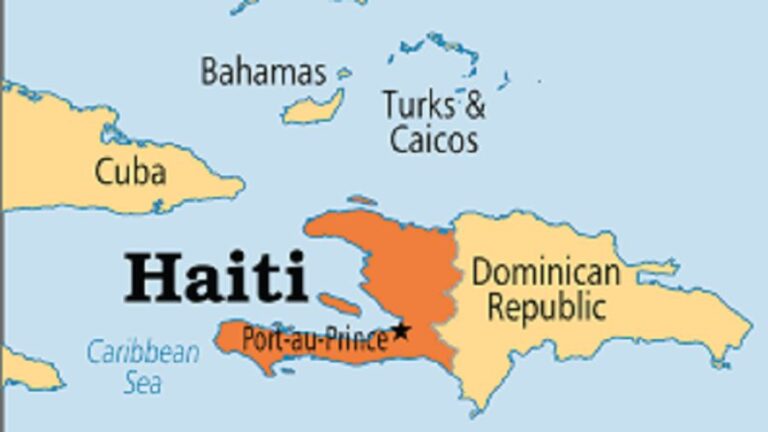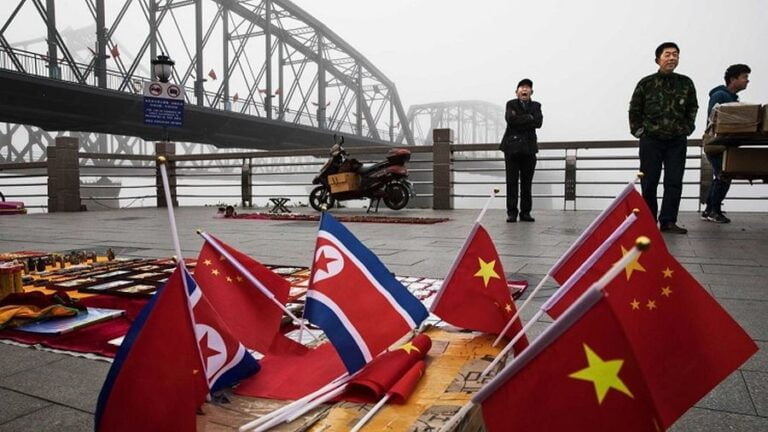The Problem With the ‘Two Speed’ EU Plan: It’s Going in the Wrong Direction
Macron’s vision of a new EU club is like him, neither impressive nor original. The problem how to overcome the east-meets-west problem though is overshadowed by a worrying new phenomenon.
Macron’s vision of a new EU club is like him, neither impressive nor original. The problem how to overcome the east-meets-west problem though is overshadowed by a worrying new phenomenon.
It’s sometimes quite a taxing task to define what a superpower is, often easier to explain what it isn’t. But why would anyone bother when we have the EU to so formidably demonstrate this for us? History is certainly repeating itself for the wannabe superpower which aches from delusions of adequacy on the world stage and is evidently addicted to its own narrative. “Two-speed Europe” is an expression which keeps cropping up at certain intervals in the bloc’s short history, more often than not by French leaders who crave for more power which the EU club could give them. First by Francois Mitterrand in 1989 and then much later by Valerie Giscard d’Estaing in 2000 in the European Parliament. And then just recently by Emmanuel Macron who doesn’t use the expression as such, but whose recent calls for a second European Community made up of EU member states and other peripheral players (perhaps Turkey, the UK and the Ukraine) is getting some attention by mainstream media.
The basis of the plan is simple. France wants its own initiatives for a more federal EU, which it would more or less run, to no longer be blocked by the veto voting system. This gripe goes back to the late eighties when the UK would habitually block all big federal super power ideas – harmonisation of tax, EU army and Brussels generally punching above its weight on the world stage – when the final votes were cast. Now the same problem exists, but it is no longer the UK doing the blocking but what France and Germany consider to be rogue states within the EU who don’t’ share the federalist vision and are more in the Atlantiсist camp, preferring NATO and the U.S. to be the big brother which the EU should follow. These days, the Ukraine war and Covid, have both demonstrated the divide which is now bigger within the EU than ever before, which largely splits the East and West within the bloc. And it’s this lack of unity which causes an even bigger headache for the Federalist bed-wetters like Macron who see these countries and dissidents blocking ‘progress’ which the big thinkers indulge themselves in. Many of these Eastern European countries are reluctant members of the EU, seeing no real other trade bloc model which delivers them such benefits each year, in particular to their agricultural sectors; and some of these countries have a feral disdain of the French who they talk about with a screwed-up face, rather like dog excrement has been placed close to their pallets as they speak.
But the old idea of ‘two-speed Europe’ won’t work now with Macron and his plans. The old model simply scrapped the unanimous voting system on big policy stuff. Getting countries like the Czech Republic, Hungary and Poland to even back such a new voting system, Macron knows, would be hard to pull off. The thinking is that a new group of EU countries, with a few friends thrown in, wouldn’t need such a voting system if they were all on the same page when it came to foreign policy big picture thinking. The genius of it is that it excludes these countries from even joining it in the first place and once up and running can form an EU army in name and agree on international forays in peace keeping and starting wars in former French colonies, all to serve the objectives of the Elysee. You know the kind of thing.
The problem is that these tricky buggers in Eastern Europe have worked it out and are unlikely even to vote for the plan to get the EU stamp of approval in the first place, leaving the EU looking dysfunctional, irrelevant and Macron’s plans of running a new EU super state which calls the shots on a shiny new foreign policy doctrine, looking like an old croissant which your Moroccan neighbour has just run over with his Renault 15 diesel.
But that’s not the only problem with the two-speed Europe idea.
What’s really setting the whole idea back even further for poor Emmanuel is that a new ad hoc system of Europe working on two levels is emerging, but for all the wrong reasons threatening to derail the whole project. While the EU congratulates itself for sort of adopting new rules which will ban Russian gas and oil being sold to EU member states – oh yes it has – aside from the back slapping in Brussels by diplomats from Germany and Italy, those same countries’ officials at home appear to be defying the rules that they claim to sign up to. According to press reports, the EU has a Directive in place which only Hungary is holding up. In reality though, when you can stop laughing about reports from candidate countries like Serbia who have just SIGNED a new gas deal with Russia, there is Germany and Italy who are showing that they have no intention of respecting the EU ban. And just when you thought you’d got your head around the euro-jargon of the directive itself, EU officials seem to have done a massive backpedal on previous stoic demands and are now admitting that the vague terminology of the directive itself is designed to allow member states a ‘back door’ way to buy Russian gas and oil even using rubles if they prefer.
That’s not really what Mitterrand, Giscard d’Estaing or Macron really had in mind when they think ‘two-speed Europe’ but the dithering and lack of unity just keeps on keeping the ruble at an all-time high and the money rolling in from EU countries to Russia. One has to wonder how long it will take for EU citizens to join up the dots and see the EU needs to shift gear, but to change down to its slowest gear to even survive, given inflation now the biggest threat to its survival as its own elections are merely two years away. The war of attrition seems to many to be a smart move, but can EU countries and the EU in Brussels itself, actually afford it? So far, the EU has been entirely servile to its U.S. master, when it comes to Ukraine. But the plan of toppling Putin seems so self-indulgent to those political elites and even more nuts than the one years earlier they all invested in but also failed spectacularly to pull off: the downfall of Assad.
Interestingly, the West’s failure to topple Assad involved paying a ‘dirty dozen’ jihadi groups in Syria who were essentially Al Qaeda or ISIS. Funny how now British and American troops in Southeast Syria are now reportedly training those same jihadists to fight in Ukraine. One has to wonder what will be the next move by the blithering Biden when this plan blows up in his face and he has to face the four syllable words on the autocue which he can’t pronounce and doesn’t know the meaning of.







